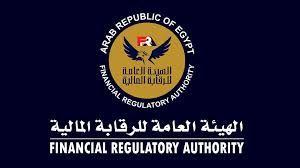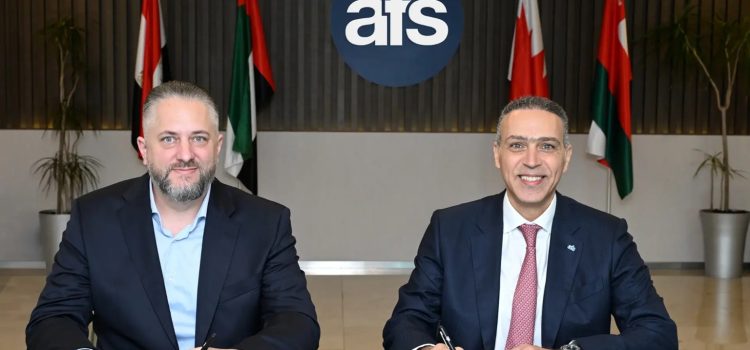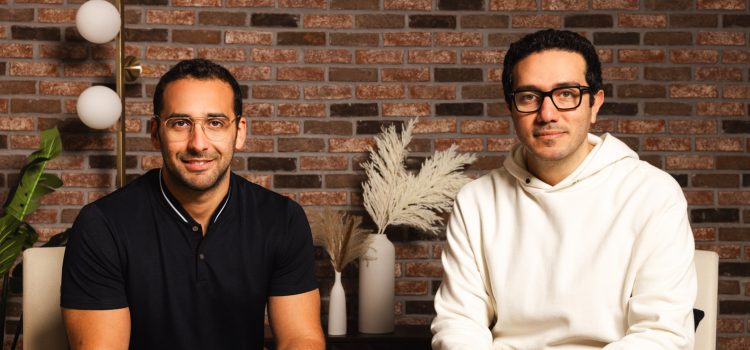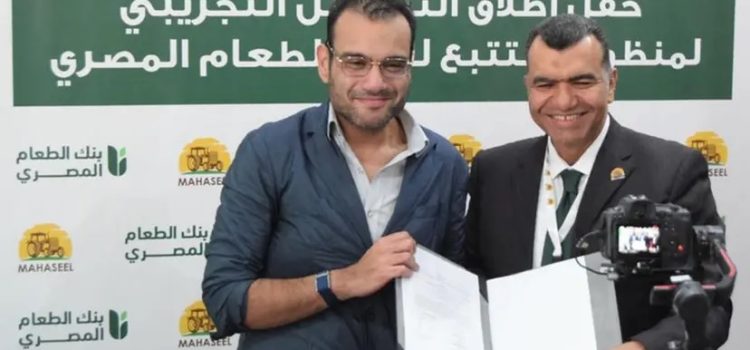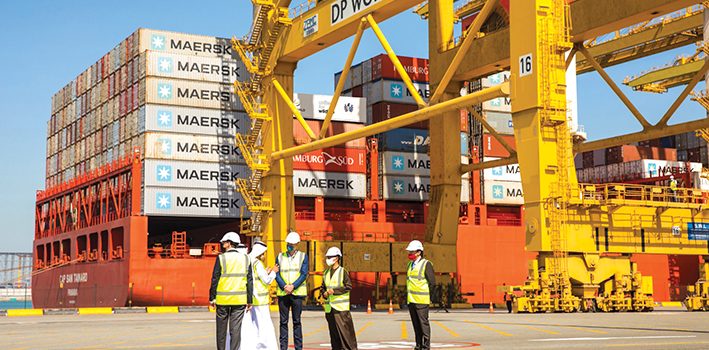
Egyptian Founder, Hussein Ahmed has raised $7 million in a seed funding round, for his U.S. based fintech startup Limited to expand in areas such as the Middle East. Limited offers stablecoin-based global banking services with self-custody,
The round was led by North Island Ventures, with additional participation from existing backers Third Prime and Arche Capital, as well as new investors Collab+Currency and SevenX Ventures.
This brings the company’s total funding to US$10 million since its founding in 2024.
Founded by Hussein Ahmed, an Egyptian entrepreneur, Limited has developed a banking and payments platform that integrates the security of self-custody stablecoins with the functionality of traditional banking services. Available on iOS, Android, and web, the platform is accessible in 176 countries and enables users, both individuals and businesses, to access global payment systems while retaining full control of their funds via self-custody wallets.
The platform also includes tiered Visa and Mastercard offerings and cross-border payment tools that support over 300 local payment methods in more than 80 currencies.
“With stablecoin transaction volumes exceeding $30 trillion annually and global remittance fees averaging 6.3%, we’ve created a solution that finally resolves the traditional tradeoff between self-custody security and ease of use,” said Ahmed.
“This funding will accelerate our growth in high-opportunity markets across Latin America, Southeast Asia, and the Middle East, where demand for borderless financial services is strongest.”
The company aims to meet the growing demand for more secure, globally accessible financial tools, especially in emerging markets where traditional banking services may fall short. It currently utilizes Circle’s USDC stablecoin and EURC stablecoin.
Travis Scher, Co-Founder and Managing Partner at North Island Ventures, highlighted the potential of Limited’s approach: “We’ve long believed that stablecoins represent one of the most compelling use cases for blockchain technology—providing access to stable currencies and efficient payment rails globally. Limited has built an elegant solution that makes stablecoins practical and accessible for everyday banking and commerce, not just trading. By solving the critical challenge of balancing security with usability, they’ve created a truly differentiated product.”
Circle goes IPO in USA
The announcement comes on the back drop of Circle’s listing on the New York Stock exchange where its shares soared 168% after the stablecoin company and its selling shareholders raised almost $1.1 billion in an initial public offering. “To realize our vision, we needed to forge relationships with governments, we needed to work with policymakers … because if you want this to work for mainstream, it’s got to work in mainstream society and you need to have those rules of the road,” CEO Jeremy Allaire told CNBC’s “Money Movers”. “We’ve been one of the most licensed, regulated, compliant, transparent companies in the entire history of this industry, and that’s served us well.”
Allaire also speaking with Bloomberg noted that stablecoin adoption is moving from pre adoption to mainstream and Circle will offer the internet financial infrastructure for every day payments. He said, ” The Internet is colliding with the financial system and we will partner with leading platforms to offer an ultra safe form of digital cash money that can be transacted at the fraction of cost within seconds.”
While the U.S. awaits the passing of the Genius Act for stablecoin regulation in the country, the UAE already passed its regulation last year, while Qatar has put stablecoins as one of the digital assets in its tokenization strategy.









